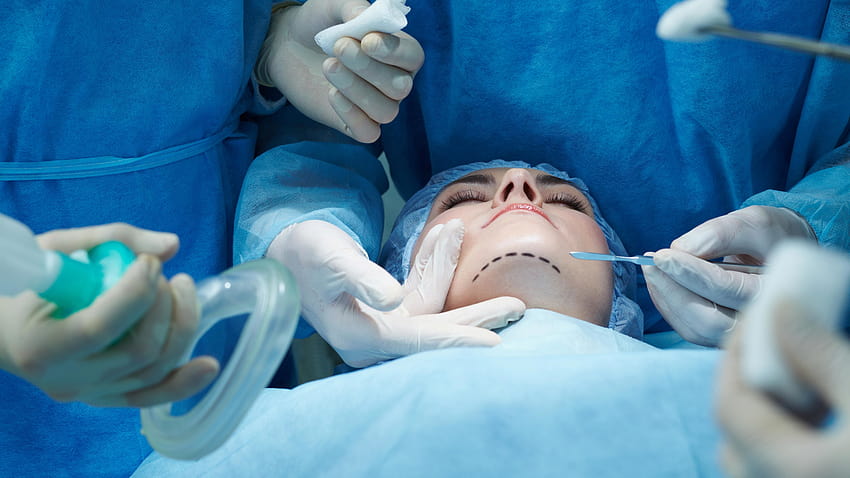
FAQ About Plastic Surgery
Plastic Surgery
2 years ago | gizem
What is the recovery process like after plastic surgery?
The recovery process after plastic surgery can vary depending on the type of procedure performed and individual factors. Here are some general aspects to consider regarding the recovery process:
- Post-Operative Care: Your plastic surgeon will provide specific instructions for post-operative care, including wound care, medication usage, activity restrictions, and follow-up appointments. It's important to closely follow these instructions to ensure proper healing and minimize complications.
- Pain and Discomfort: Some level of pain, discomfort, swelling, and bruising is normal after surgery. Your surgeon may prescribe pain medications or recommend over-the-counter pain relievers to manage any discomfort. Applying ice packs, elevating the surgical area, and avoiding strenuous activities can also help reduce swelling and promote healing.
- Activity Restrictions: Depending on the procedure, you may need to limit physical activities and avoid heavy lifting or strenuous exercise for a certain period. Your surgeon will provide guidance on when you can gradually resume normal activities.
- Recovery Timeline: The duration of the recovery process can vary depending on the extent of the surgery and individual healing capabilities. Some procedures may involve a relatively short recovery period, while others may require several weeks or even months for full recovery. Your surgeon will give you an estimated timeline for when you can expect to see initial results and when you can resume your regular routine.
- Supportive Garments or Dressings: In some cases, you may need to wear compression garments or special dressings to support the surgical area, minimize swelling, and optimize the healing process. Your surgeon will advise you on the use of any necessary garments or dressings and provide instructions for their care.
- Follow-Up Appointments: It's crucial to attend scheduled follow-up appointments with your plastic surgeon. These appointments allow the surgeon to assess your progress, remove stitches or sutures if needed, monitor healing, and address any concerns or complications that may arise.
- Emotional Recovery: Plastic surgery can involve emotional aspects of recovery as well. It's common to experience a range of emotions, including excitement, anxiety, or temporary fluctuations in body image perception. It's important to have realistic expectations, give yourself time to adjust to the changes, and seek support from loved ones or professionals if needed.
